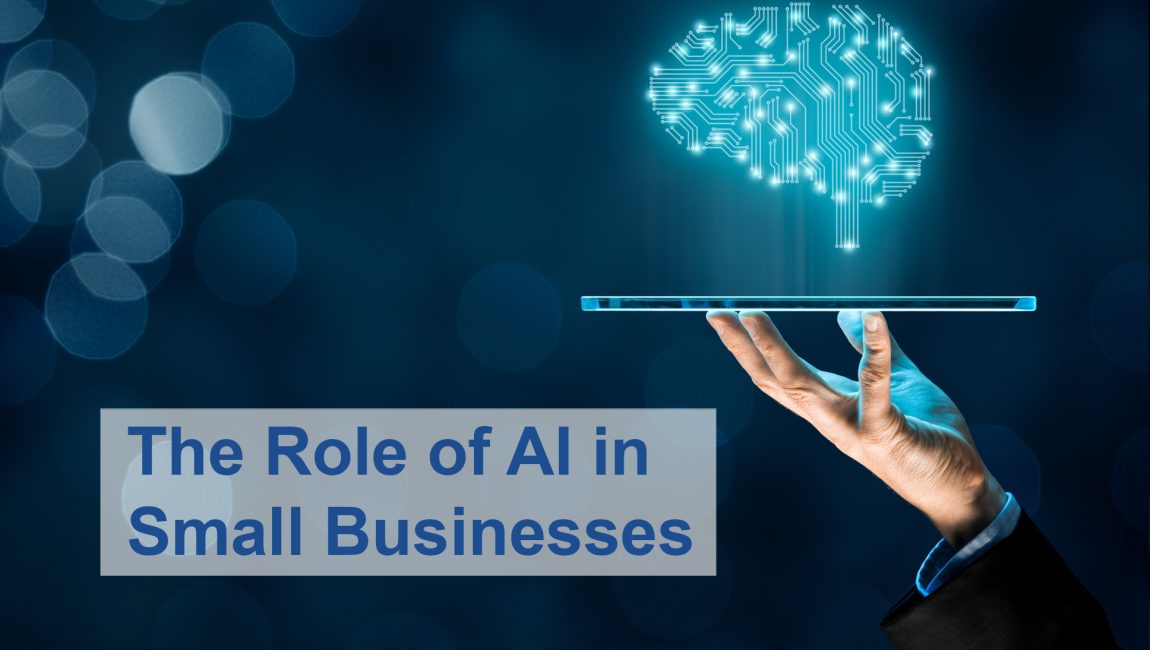Did you know that Artificial Intelligence (AI) is revolutionizing the way small businesses operate? From local coffee shops to online retailers, AI is not just for large corporations or sci-fi movies anymore.
AI plays a pivotal role in small businesses, automating routine tasks, providing insightful data analysis, and personalizing customer interactions. Consider a local coffee shop using an AI-powered chatbot to handle online orders, improving efficiency and customer service.
The opportunities AI presents for small businesses are immense. AI can significantly boost productivity by automating mundane tasks, freeing up employees to focus on more strategic roles. It can enhance customer experience by providing personalized recommendations and 24/7 customer service. Moreover, AI’s ability to analyze large volumes of data can aid in making informed business decisions. Lastly, AI can offer cost savings and scalability, allowing businesses to grow without proportionally increasing expenses.
Some examples of possible AI Implementation in Small Businesses:
AI-Powered E-commerce Recommendations
A small online retailer can implement AI algorithms to analyze customer preferences and browsing behavior. The AI system can provide personalized product recommendations, significantly increasing sales and customer satisfaction.
AI-Driven Inventory Management
A small manufacturing company can integrate AI into its inventory management system. AI algorithms can predict demand patterns, allowing the business to optimize inventory levels, reduce storage costs, and minimize stockouts.
AI Chatbot for Customer Support
A small software startup can deploy an AI-powered chatbot to handle customer support inquiries. The chatbot efficiently addressed common queries, freeing the support team to focus on more complex issues, improving customer response times.
However, while the benefits of AI are significant, it is important to also consider the challenges small businesses may face. The cost of implementing AI solutions can be prohibitive for small businesses.
Additionally, there is often a lack of technical expertise to manage and maintain these systems. Data privacy and security are also major concerns, as businesses must ensure their AI systems comply with regulations and protect customer data. Furthermore, there can be resistance from employees who view AI as a threat to their jobs.
Despite these challenges, small businesses can still harness the power of AI. Affordable AI solutions are becoming increasingly available, and technical support can be outsourced if necessary. Training programs can equip staff with the skills needed to work alongside AI. As for data security, businesses can employ robust security measures and ensure their AI providers comply with relevant regulations. To overcome resistance, businesses should foster a culture of innovation and adaptability, emphasizing that AI is a tool to assist, not replace, human employees.
In conclusion, while AI presents both opportunities and challenges, its benefits for small businesses are undeniable. As AI technology continues to evolve and become more accessible, it is clear that it will play an increasingly significant role in the future of small businesses.
So, is your business ready to embrace the AI revolution?

